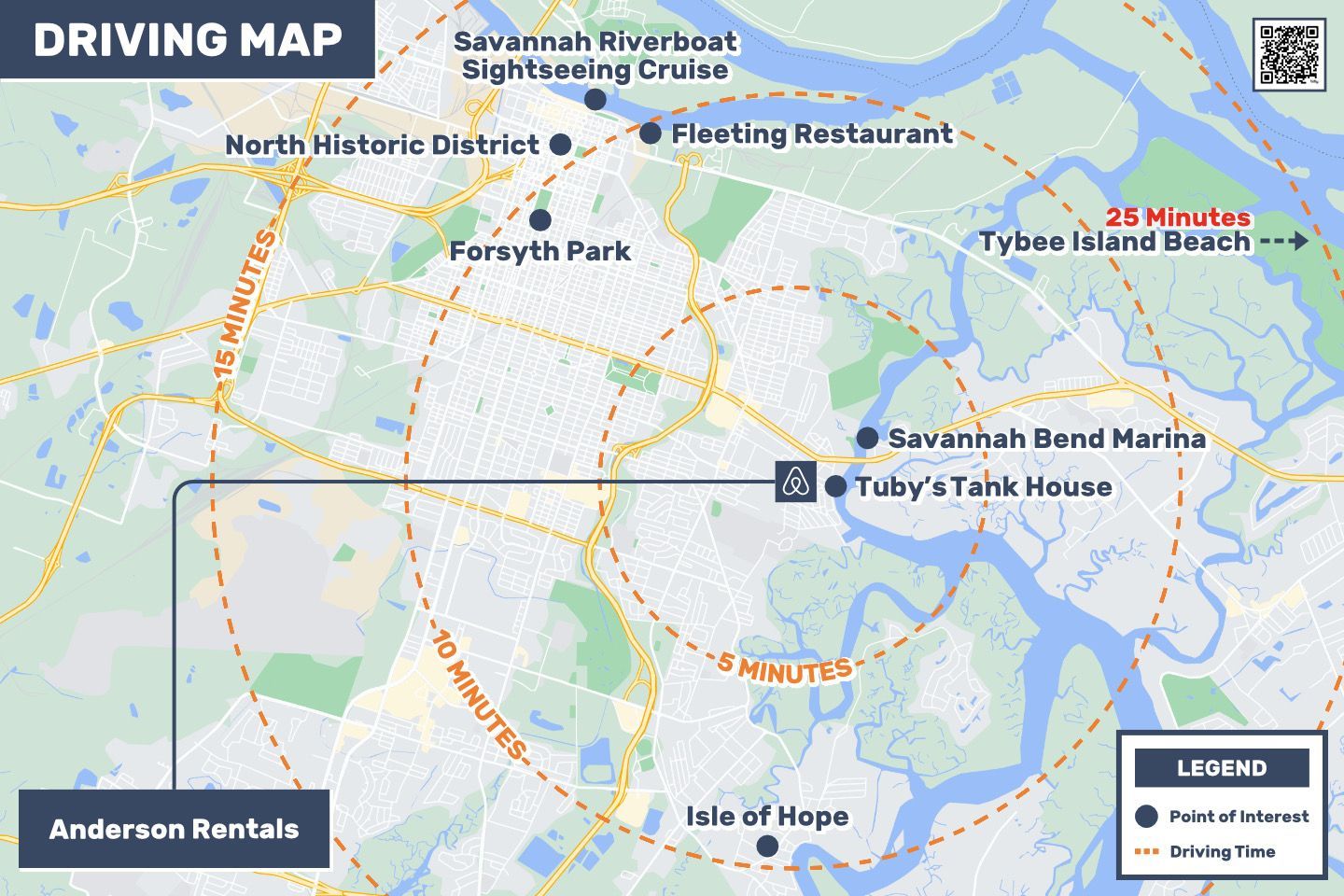STR market predictions
The short-term rental (STR) industry is a dynamic landscape. It’s marked by rapid changes and significant growth.
Understanding this industry is crucial. It’s especially important for property owners, real estate investors, and newcomers to the field.
In this article, we delve into STR market predictions. We’ll explore the latest trends, technological advancements, and future outlooks.
Our aim is to provide a comprehensive overview. We want to help you navigate the potential changes and developments in the STR market.

We’ll break down complex industry shifts. This will enable you to make informed decisions and stay competitive.
Whether you’re an industry veteran or a newcomer, this article is for you. It’s designed to equip you with the knowledge you need to succeed in the STR industry.
So, let’s dive in. Let’s explore the future of the short-term rental market together.
Understanding the Current STR Landscape
The STR market is currently experiencing a period of significant growth. This is driven by a variety of factors.
One key driver is the shift in traveler preferences. More and more people are seeking unique, personalized experiences. They’re opting for STRs over traditional hotels.
Another factor is the rise of platforms like Airbnb, VRBO, and Booking.com. These platforms have made it easier for property owners to rent out their spaces. They’ve also made it easier for travelers to find and book these spaces.
However, the STR market isn’t without its challenges. Regulatory changes, for instance, can have a significant impact on the industry.
The Role of Economic Factors in STR Demand
Economic factors play a crucial role in STR demand. Global economic conditions, for instance, can influence travel trends.
When the economy is strong, people have more disposable income. They’re more likely to travel and book STRs. Conversely, when the economy is weak, people may cut back on travel. This can lead to a decrease in STR demand.
Exchange rates also play a role. When the currency of a traveler’s home country is strong, they may be more likely to travel abroad and book STRs.
Technological Advancements Shaping the STR Industry
Technology is reshaping the STR industry in profound ways. One key advancement is the rise of data analytics.
Data analytics can help property owners optimize their pricing and occupancy rates. It can also help them understand their guests better. This can lead to improved guest experiences and higher guest satisfaction rates.
Another key advancement is the integration of smart home technology. This can enhance the guest experience by providing added convenience and security. It can also help property owners manage their properties more efficiently.
Emerging Trends in the STR Market
The STR market is not static. It’s constantly evolving, with new trends emerging all the time.
One such trend is the rise of niche markets within the STR industry. These include pet-friendly rentals, luxury rentals, and rentals for digital nomads.
Another trend is the increasing importance of sustainability and eco-friendly practices. More and more travelers are seeking out STRs that align with their values.
Here are some other trends to watch out for:
- The emergence of co-hosting and partnership models
- The growing role of professional property management services
- The impact of social media marketing on STR visibility and bookings
- The rise of subscription-based STR models
Niche Markets and Changing Traveler Preferences
Traveler preferences are changing, and the STR market is adapting to meet these changes. One way it’s doing this is through the rise of niche markets.
For instance, there’s a growing demand for pet-friendly rentals. More and more people are traveling with their pets and are seeking out accommodations that cater to this need.
There’s also a growing demand for luxury rentals. These are properties that offer high-end amenities and services, such as private chefs and concierge services.
Sustainability and Eco-Friendly STR Practices
Sustainability and eco-friendly practices are becoming increasingly important in the STR market. This is driven by a growing awareness of environmental issues among travelers.
Many travelers are seeking out STRs that align with their values. They’re looking for properties that use renewable energy, have recycling programs, and use eco-friendly products.
Property owners who adopt sustainable practices can differentiate their properties. They can also attract a growing segment of eco-conscious travelers.
STR Market Growth Predictions
The STR market is poised for significant growth in the coming years. This growth is driven by several factors, including technological advancements, changing traveler preferences, and the rise of niche markets.
One key factor driving this growth is the increasing use of data analytics. Property owners are using data to optimize their pricing and occupancy rates, leading to increased revenue.
Another factor is the growing importance of sustainability. As more travelers seek out eco-friendly accommodations, properties that adopt sustainable practices are likely to see increased demand.
However, the STR market is also facing potential challenges. These include regulatory changes and the potential for market saturation.
Predictive Analytics and Occupancy Rates
Predictive analytics is playing an increasingly important role in the STR market. Property owners are using predictive analytics to forecast demand and optimize their pricing and occupancy rates.
By analyzing historical data and market trends, property owners can predict when demand will be high or low. They can then adjust their prices accordingly to maximize their revenue.
However, predictive analytics requires a deep understanding of data and market trends. Property owners who lack this understanding may struggle to effectively use predictive analytics.
The Impact of Regulatory Changes
Regulatory changes pose a potential challenge to the STR market. In many cities, regulations are being introduced to limit the number of STR properties.
These regulations are often driven by concerns about housing affordability and the impact of STRs on local communities. They can limit the growth potential of the STR market in certain areas.
However, property owners who stay informed about regulatory changes and adapt their strategies accordingly can still find success in the STR market.
Technological Innovations in STR Operations
The STR market is being transformed by technological innovations. These innovations are changing how properties are managed and how guests experience their stay.
One of the most significant innovations is the rise of smart home technology. This technology allows property owners to automate various aspects of their operations, from managing bookings to controlling the property’s heating and lighting.
Another important innovation is the use of artificial intelligence (AI). AI can automate tasks such as customer service and property management, freeing up time for property owners to focus on other aspects of their business.
However, these technological innovations also present challenges. Property owners need to invest in the necessary technology and learn how to use it effectively. They also need to ensure that their use of technology enhances the guest experience, rather than detracting from it.
Smart Home Integration and Guest Experience
Smart home technology is becoming increasingly important in the STR market. This technology can enhance the guest experience by providing convenience and personalization.
For example, smart home technology can allow guests to control the property’s heating, lighting, and entertainment systems using their smartphone. This can make their stay more comfortable and enjoyable.
However, integrating smart home technology into an STR property requires an investment of time and money. Property owners need to choose the right technology, install it, and ensure it works seamlessly for guests.
Online Reputation Management and Marketing Strategies
Online reputation management is crucial in the STR market. A property’s online reputation can significantly influence its occupancy rates and revenue.
Property owners need to actively manage their online reputation by responding to guest reviews and addressing any issues that arise. They also need to use online marketing strategies to increase their property’s visibility and attract more guests.
However, managing an online reputation and marketing a property online can be time-consuming. Property owners need to invest time in these activities and stay up-to-date with the latest online marketing trends and strategies.
STR Competitive Strategies for Property Owners
In the competitive STR market, property owners need to employ effective strategies to stand out. These strategies can range from differentiating their properties to leveraging professional property management services.
Differentiation is key in the STR market. Property owners need to find ways to make their properties unique and appealing to guests. This could involve offering unique amenities, designing the property in a unique way, or providing exceptional customer service.
Another strategy is to leverage professional property management services. These services can help property owners manage their properties more effectively and efficiently, freeing up their time to focus on other aspects of their business.
Differentiation and Local Experiences
Differentiation can be achieved in many ways in the STR market. One effective strategy is to offer local experiences. This could involve partnering with local businesses to offer guests unique experiences, such as local tours or cooking classes.
Another way to differentiate a property is through its design. A unique and appealing design can make a property stand out and attract more guests. This could involve using local art and crafts in the property’s decor, or designing the property in a way that reflects the local culture and history.
However, differentiation requires creativity and a deep understanding of what guests are looking for. Property owners need to stay up-to-date with the latest trends and guest preferences to effectively differentiate their properties.
Professional Property Management and Co-Hosting Models
Professional property management services can be a valuable resource for STR property owners. These services can handle various aspects of property management, from managing bookings to maintaining the property.
Another emerging trend in the STR market is the rise of co-hosting models. In these models, property owners partner with other individuals or businesses to manage their properties. This can provide property owners with additional support and resources, and can also help them expand their market reach.
However, leveraging professional property management services or co-hosting models requires careful consideration. Property owners need to ensure that these services or models align with their business goals and can provide the level of service that their guests expect.
The Future Outlook of the STR Industry
The future of the STR industry is promising, yet complex. It’s influenced by a myriad of factors, from global economic trends to evolving guest expectations. Understanding these factors is crucial for anyone involved in the STR market.
Technological advancements will continue to shape the STR industry. From smart home integrations to advanced data analytics, technology will play a pivotal role in how STRs operate and how they interact with guests.
Sustainability is another key trend that will influence the future of the STR industry. As more travelers seek eco-friendly accommodations, STRs that prioritize sustainability will likely see increased demand.
The Role of Global Economic and Travel Trends
Global economic and travel trends play a significant role in shaping the STR market. Economic conditions influence travel budgets, which in turn affect demand for STRs. Similarly, travel trends, such as the rise of remote work and digital nomadism, can create new opportunities for STRs.
The ongoing COVID-19 pandemic has also had a profound impact on the STR market. Travel restrictions and health concerns have led to shifts in traveler behavior, with many opting for local travel or longer-term rentals. These trends are likely to continue to influence the STR market in the future.
Understanding these trends can help STR owners and investors make informed decisions and adapt their strategies accordingly.
Adapting to Dynamic Market Conditions and Guest Expectations
Adapting to dynamic market conditions and evolving guest expectations is crucial for success in the STR market. This requires staying informed about the latest industry trends and developments, and being flexible and responsive to changes.
Guest expectations are also evolving. Today’s travelers are looking for more than just a place to stay. They want unique experiences, personalized service, and properties that align with their values. STRs that can meet these expectations will likely see increased demand.
In conclusion, the future of the STR industry is bright, but it’s also complex and dynamic. Staying ahead requires continuous learning, adaptation, and a keen understanding of the market and its trends.
Conclusion: Staying Ahead in the STR Market
The STR market is a dynamic and evolving landscape. Staying ahead requires a deep understanding of market trends, technological advancements, and guest expectations. It also requires flexibility and the ability to adapt to changing conditions.
In the end, success in the STR market is about more than just offering a place to stay. It’s about creating unique and memorable experiences for guests, leveraging technology to enhance operations and guest interactions, and aligning with the values and expectations of today’s travelers. By doing so, STR owners and investors can position themselves for success in this exciting and rapidly evolving industry.










